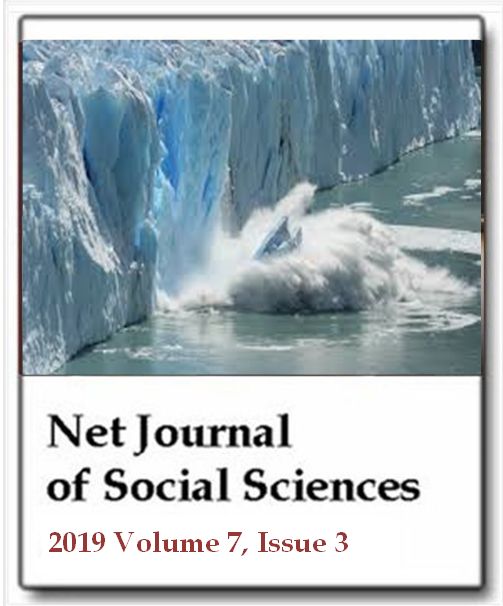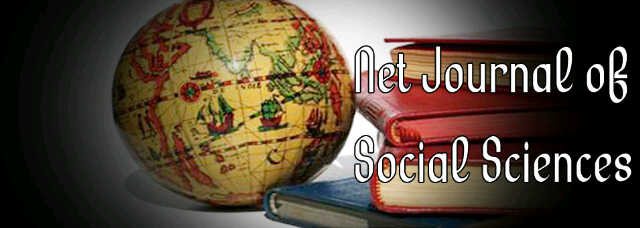Ancient technology as mitigation to the 21st century problems: A case of coping with climate change in Ankole region, Western Uganda
William Kariiti Kayamba and Philip KwesigaNet Journal of Social Sciences
Published: July 17 2019
Volume 7, Issue 3
Pages 64-75
Abstract
The study investigates how communities in Ankole region of western Uganda are coping with climate change and what strategies they have layed to counteract its effects using primordial (traditional) technologies. The study was carried out in the districts of Mbarara and Isingiro, which are separated by the River Rwizi and are part of the Uganda's cattle corridor. Since the end of the 19th Century, this region has experienced prolonged dry seasons. The main objective of the research was to investigate how climate change and human activities associated with social and economic developments have affected the environment; and how the people of Ankole are coping with these issues. The study involved twenty purposively selected participants who were involved in different activities. Interviews were conducted to obtain a deeper understanding of their experiences and opinions to assess their perception of climate change. Site visits were done to observe activities in the area of study. Research findings indicated that these activities have had a devastating effect on the environment. The production of bricks on the banks of River Rwizi has lowered its water table and increased siltations. The cutting of wood for fuel to burn bricks, as well as agricultural activities has led to silting-up of the river and loss of vegetation leading to extended drought in the region. The increasing demand for river sand for construction has equally increased sand mining activities along R. Rwizi which has diverted its course, caused water evaporation and reduced its flow. However, these activities have called for innovative technologies which are environmentally friendly to counteract the climate change, the study has revealed.
Keywords: Climate change, Uganda cattle corridor, environmental degradation, rainwater harvesting, innovations, pottery clays, sand and social economic issues.
Full Text PDF
